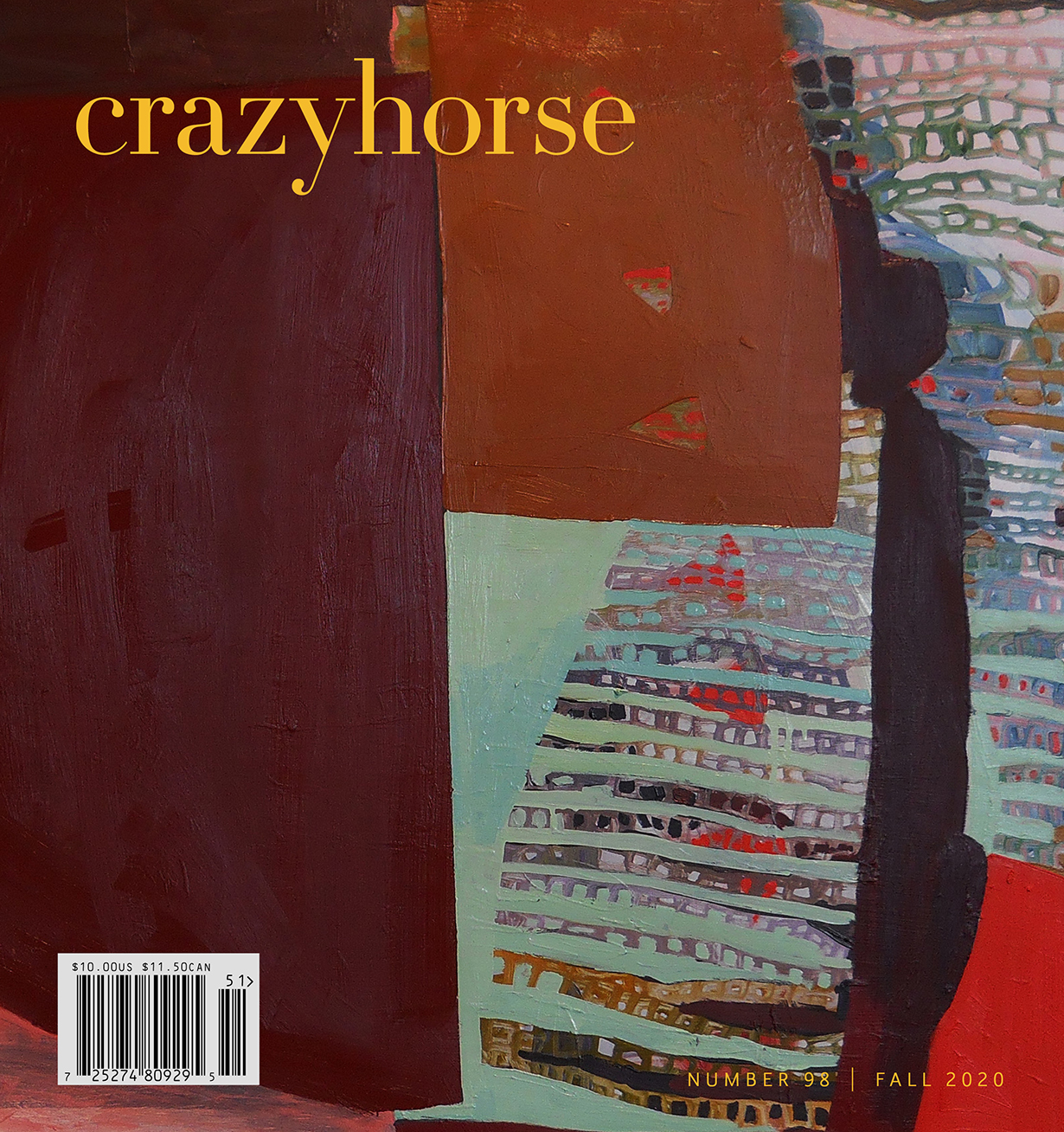The 2021 Writing Series is a series of daily writing exercises for both prose writers and poets to keep their creative mind stretched and ready to go—fresh for your other writing endeavors. The writing prompts take the impetus—that initial crystal of creation—out of your hands (for the most part) and changes your writing creation into creative problem solving. Instead of being preoccupied with the question "What do I write" you are instead pondering "How do I make this work?" And in the process you are producing new writing.
This is not a standard writing session. This is pure production—to keep your brain thinking about using language to solve simple or complex problems. The worst thing you can do is sit there inactive. It's like taking a 5 minute breather in the middle of a spin class—the point is to push, to produce something, however imperfect. If you don't overthink it, you will be able to complete all of the exercises in under 30 minutes.
If you insist on fiction (or if one of these strikes you), write a piece with one of these titles taken from this section:
I did not receive the expected message from the captain for nearly a week. It came at length, however, and I immediately went on board. The ship was crowded with passengers, and every thing was in the bustle attendant upon making sail. Wyatt's party arrived in about ten minutes after myself. There were the two sisters, the bride, and the artist—the latter in one of his customary fits of moody misanthropy. I was too well used to these, however, to pay them any special attention. He did not even introduce me to his wife;—this courtesy devolving, per force, upon his sister Marian—a very sweet and intelligent girl, who, in a few hurried words, made us acquainted.
Mrs. Wyatt had been closely veiled; and when she raised her veil, in acknowledging my bow, I confess that I was very profoundly astonished. I should have been much more so, however, had not long experience advised me not to trust, with too implicit a reliance, the enthusiastic descriptions of my friend, the artist, when indulging in comments upon the loveliness of woman. When beauty was the theme, I well knew with what facility he soared into the regions of the purely ideal.
The truth is, I could not help regarding Mrs. Wyatt as a decidedly plain-looking woman. If not positively ugly, she was not, I think, very far from it. She was dressed, however, in exquisite taste—and then I had no doubt that she had captivated my friend's heart by the more enduring graces of the intellect and soul. She said very few words, and passed at once into her state-room with Mr. W.
My old inquisitiveness now returned. There was NO servant—THAT was a settled point. I looked, therefore, for the extra baggage. After some delay, a cart arrived at the wharf, with an oblong pine box, which was every thing that seemed to be expected. Immediately upon its arrival we made sail, and in a short time were safely over the bar and standing out to sea.
The box in question was, as I say, oblong. It was about six feet in length by two and a half in breadth; I observed it attentively, and like to be precise. Now this shape was PECULIAR; and no sooner had I seen it, than I took credit to myself for the accuracy of my guessing. I had reached the conclusion, it will be remembered, that the extra baggage of my friend, the artist, would prove to be pictures, or at least a picture; for I knew he had been for several weeks in conference with Nicolino:—and now here was a box, which, from its shape, COULD possibly contain nothing in the world but a copy of Leonardo's "Last Supper;" and a copy of this very "Last Supper," done by Rubini the younger, at Florence, I had known, for some time, to be in the possession of Nicolino. This point, therefore, I considered as sufficiently settled. I chuckled excessively when I thought of my acumen. It was the first time I had ever known Wyatt to keep from me any of his artistical secrets; but here he evidently intended to steal a march upon me, and smuggle a fine picture to New York, under my very nose; expecting me to know nothing of the matter. I resolved to quiz him WELL, now and hereafter.
One thing, however, annoyed me not a little. The box did NOT go into the extra stateroom. It was deposited in Wyatt's own; and there, too, it remained, occupying very nearly the whole of the floor—no doubt to the exceeding discomfort of the artist and his wife;—this the more especially as the tar or paint with which it was lettered in sprawling capitals, emitted a strong, disagreeable, and, to my fancy, a peculiarly disgusting odor. On the lid were painted the words—"Mrs. Adelaide Curtis, Albany, New York. Charge of Cornelius Wyatt, Esq. This side up. To be handled with care."




















